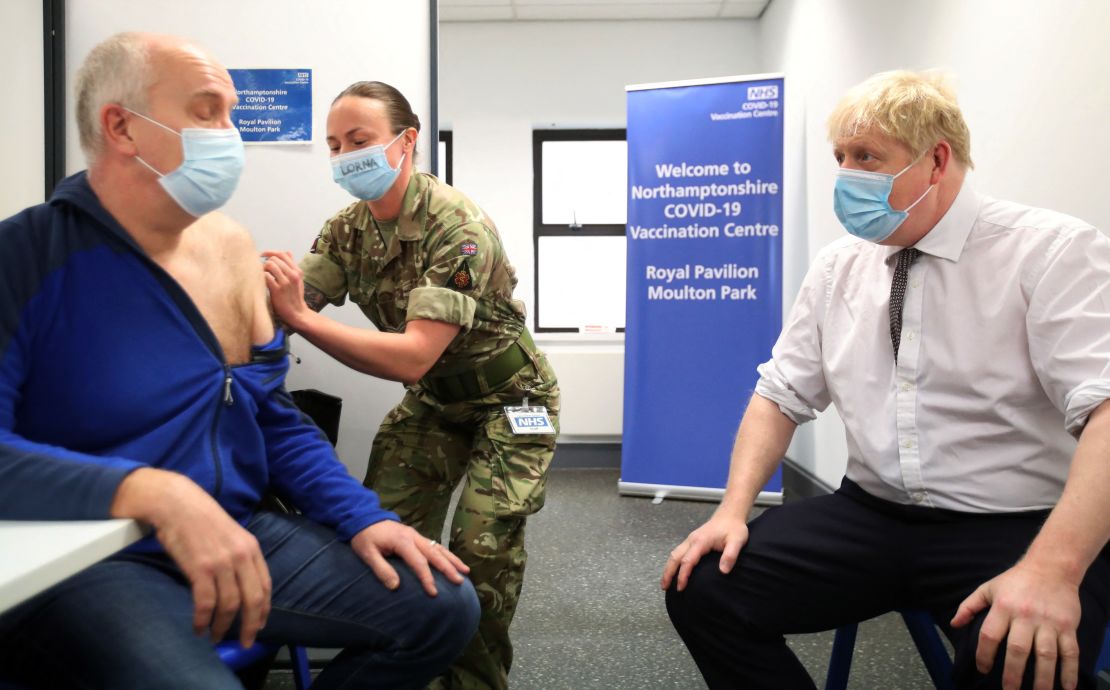The British government is tapping into the military to ease staffing shortages across London hospitals caused by a fast-spreading coronavirus outbreak.
The UK Ministry of Defence (MoD) announced Friday it would deploy 200 personnel to hospitals across the capital, where the number of people hospitalized with Covid-19 reached 4,000 this week, more than triple what it was just a month ago.
At the same time, around 10,000 National Health Service (NHS) staff in London are currently off work due to Covid-19, according to data from NHS England. Across England, more than 82,000 health care workers were absent due to the coronavirus as of January 2.
The MoD said 40 defense medics will assist with patient care, while 160 general duty personnel will be deployed to help with other jobs, such as maintaining stocks, checking in patients on arrival and conducting basic checks.
Matthew Taylor, chief executive of the NHS Confederation, told the BBC that the extra staff would help, but only represent a “very small part” in the battle against the Omicron coronavirus variant that has swept the country.
He added the troops will assist with transport and patients could see a soldier arrive with an ambulance.

‘Riding it out’
The deployment of military personnel comes just days after Prime Minister Boris Johnson suggested England can “ride out” the current wave of the pandemic without further lockdowns.
Speaking on Tuesday, Johnson said that while the UK was seeing the fastest growth in the number of new Covid-19 cases since the start of the pandemic, evidence so far suggests the Omicron variant is milder than other strains.
While scientists say the variant appears to carry a lower risk of hospitalizations, that fact that it is more contagious than other variants is affecting the health care service because many more workers are getting infected and have to self-isolate.
At least 24 NHS Trusts – of a total 137 in England – declared critical incidents due to staff shortages earlier this week. An NHS trust covers a geographical area and can be made up of multiple hospitals and specialized services, such as an ambulance service.
Taylor said the situation is already having a major impact on health care.
“The problem is not that we’re not going to ride it out, it’s the consequences that are involved in the way we have to deal with it […]. People are having operations canceled until we get through this.
“And it is going to mean that the NHS can’t provide the level of service – whether it’s how long it takes an ambulance to get you, how long you have to wait in emergency departments or whatever – that we’re wanting to provide.
“We will get through this but there will be a price to be paid.”


